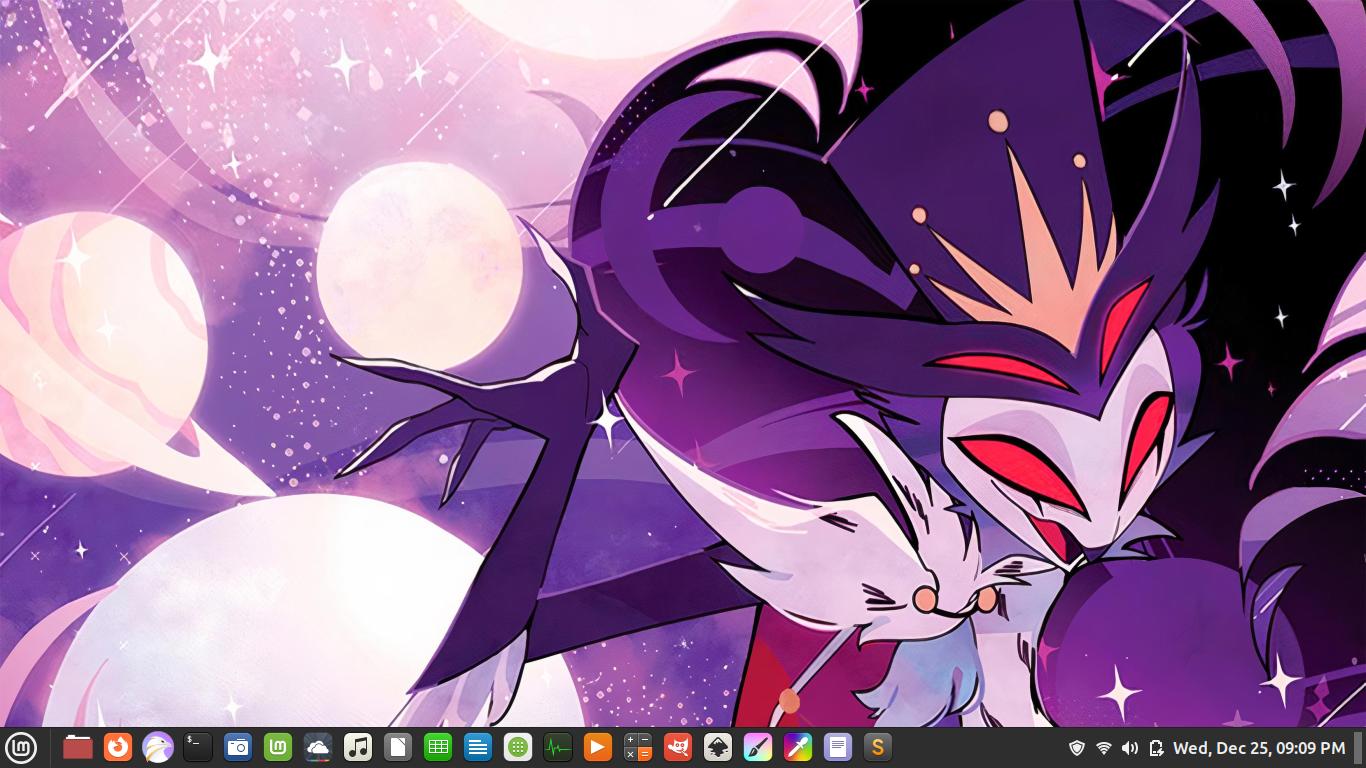this post was submitted on 26 Dec 2024
205 points (93.2% liked)
Linux
59125 readers
919 users here now
From Wikipedia, the free encyclopedia
Linux is a family of open source Unix-like operating systems based on the Linux kernel, an operating system kernel first released on September 17, 1991 by Linus Torvalds. Linux is typically packaged in a Linux distribution (or distro for short).
Distributions include the Linux kernel and supporting system software and libraries, many of which are provided by the GNU Project. Many Linux distributions use the word "Linux" in their name, but the Free Software Foundation uses the name GNU/Linux to emphasize the importance of GNU software, causing some controversy.
Rules
- Posts must be relevant to operating systems running the Linux kernel. GNU/Linux or otherwise.
- No misinformation
- No NSFW content
- No hate speech, bigotry, etc
Related Communities
Community icon by Alpár-Etele Méder, licensed under CC BY 3.0
founded 6 years ago
MODERATORS
you are viewing a single comment's thread
view the rest of the comments
view the rest of the comments

ChromeOS is already an operating system for children. Like, literally. Schools use it because it works well and is really easy to use, and runs on very cheap hardware.
Agreed. Get them a ChromeOS device, or get a good refurb business class laptop and put ChromeOS flex on it.
Yes it's not what OP is probably wanting, but this gives them a device that is hard to mess up with a minimum of training.
Ahh, so the solution is to install gentoo and customise it for simplicity and minimal user permissions /s
Chrome OS Flex seems OK. Not sure how it manages printers.
~~“Web printing”. Basically the printer connects to Google, the laptop connects to Google and your printing goes via Google. Why not give your advertisement profiler everything you print too?~~
No that’s not right.
Google killed cloud print in 2020. By default, Chrome OS uses CUPS like any other Linux system.
Oops, how embarrassing. I stand corrected and tip my hat.
So, basically, WWCD?
right. so basically:
only run on 'certified' hardware. greatly simplifies hw support required.
hide all the stuff that gets users into trouble, or better--don't even have it available at all.
limit what's installable.
dumb it down.